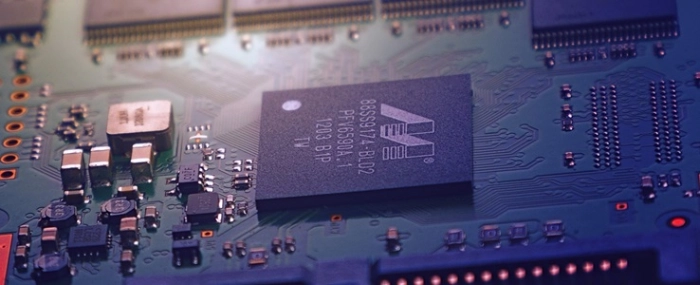
Microelectronics hubs get $160 million in fresh DoD funding
Most of the new funding will go to the eight established Microelectronics Commons Hubs that focus on building infrastructure, supporting operations and accelerating workforce developments.
The US Department of Defense (DoD) has announced a fresh USD 160 million injection of funding to Pentagon’s Microelectronics Commons (ME Commons) initiative from the CHIPS and Science Act.
This follows the USD 269 million funding the ME Commons bagged in September.
Established in 2023, the ME Commons is a national network of academic institutions, small businesses and research entities that work to advance microelectronics technology in the commercialization process.
Most of the new funding will go to the eight established Microelectronics Commons Hubs that focus on building infrastructure, supporting operations and accelerating workforce developments.
Some USD 10 million will back a Cross-Hub Enablement Solution (CHES) that aims to enhance shared access to critical electronic design automation tools and cloud computing resources.
“Semiconductors are key to the must-win technologies of the future for next generation weapons systems, including artificial intelligence and 5G,” said Dev Shenoy, principal director of microelectronics at DoD. “These technologies will be essential to achieving the goal of a dynamic, inclusive, and innovative national economy identified as a critical American advantage.”
The eight hubs that will benefit from the funding include the Northeast Microelectronics Coalition Hub; the Silicon Crossroads Microelectronics Commons Hub; the California Defense Ready Electronics and Microdevices Superhub Hub; and the Commercial Leap Ahead for Wide Bandgap Semiconductors Hub.
Technical projects that the new funding will support include quantum, secure edge computing, 5G and 6G wireless, electromagnetic warfare, artificial intelligence, and the CHES, according to media reports.
“America’s military systems are the most capable in the world, and that would not be possible without advanced semiconductor technology,” Arati Prabhakar, President Biden’s chief advisor for Science and Technology and director of the White House Office of Science and Technology Policy, said in a statement. “Thanks to President Biden and Vice President Harris’ leadership, we’re making the semiconductor innovation investments today that will bolster global security tomorrow.”

